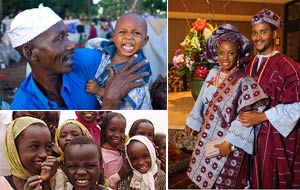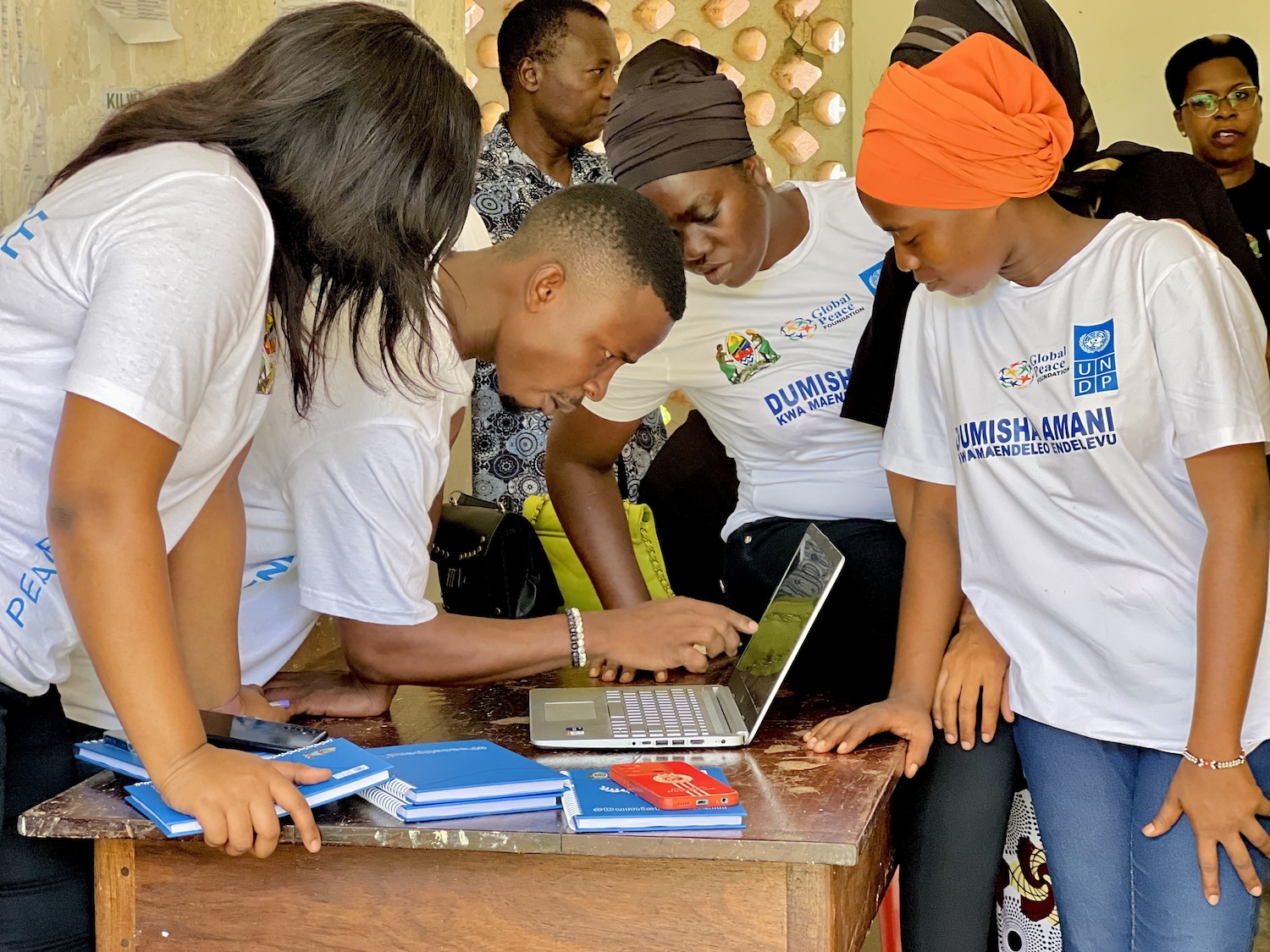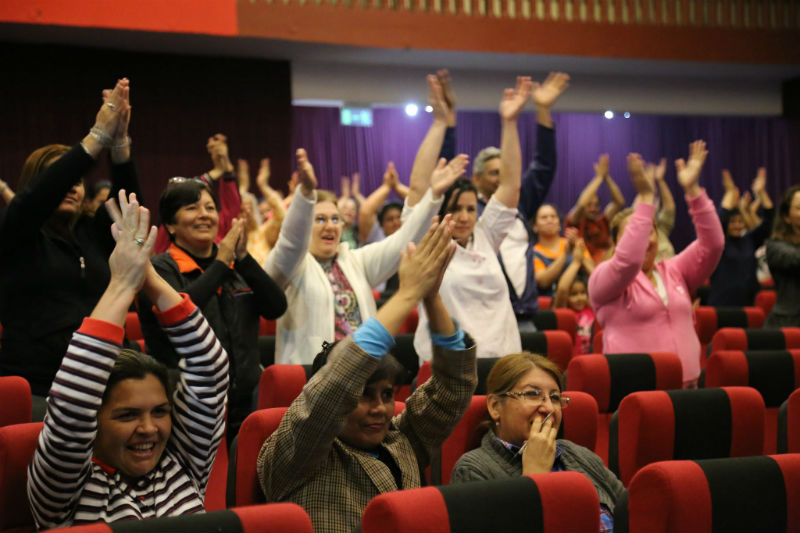 Married two-parent families provide the optimal environment for child rearing and offer a host of benefits that government should support through public policy, said experts and policy makers from Kenya, Malaysia, and the United States at a forum sponsored by the Global Peace Foundation (GPF). The Global Peace Foundation was founded by Dr. Hyun Jin Moon in 2009.
Married two-parent families provide the optimal environment for child rearing and offer a host of benefits that government should support through public policy, said experts and policy makers from Kenya, Malaysia, and the United States at a forum sponsored by the Global Peace Foundation (GPF). The Global Peace Foundation was founded by Dr. Hyun Jin Moon in 2009.
During the November 20th panel, part of the Global Peace Convention held in Nairobi, Kenya, U.S. Department of Health and Human Services officer Mrs. Diann Dawson cited research showing that children from intact marriages are more likely to enter college, less likely to abuse drugs or alcohol or be involved in delinquent behaviors, and less likely to live in poverty.
Before 2005, Dawson said, federal social programs in the U.S. were mostly directed toward welfare of women and children. In 2005 a change of policy specifically addressed the importance of support for fathers and parenting education. “We believe that marriage skills are teachable,” she told the panel. Affirming a positive role for government in family support, Dawson said that “the Healthy Marriage Act encourages marriage and responsible fatherhood, provides premarital counseling, helps partners develop healthy relationship skills, and works to lower incidence of domestic violence.”
‘Fundamental unit of society’
Hon. Dr. Naomi Shaban, Kenya’s Minister of Gender, Children and Social Development, said that marriage is viewed as a pillar of sustainable development in Kenya. She noted that the recently adopted Constitution specifically recognized the family as “the fundamental unit of society and the necessary basis of social order.” Recognizing that the social landscape in Kenya included traditional African marriage, civil marriage, religious marriage, and co-habitation, she explained the government’s efforts to provide support for gender equity in marriage through education, property rights, and statutory regulations. “Global peace cannot be attained if peace and responsible parenthood is not being realized in the family unit,” she said.
“Global peace cannot be attained if peace and responsible parenthood is not being realized in the family unit.”
Hon. Gi na de Venecia, a member of the Philippine Parliament and noted humanitarian, described the loss of her sixteen year old daughter in a fire that destroyed the family home two years ago and of her effort to transform her grief into a source of support for other grieving mothers. Mrs. DeVenecia, the wife of former Speaker of the House Jose DeVenecia, has been awarded four honorary doctorates for her humanitarian work, which includes 15 regional centers for women, including women who have been raped or victimized by domestic violence, or forced into incest or prostitution. She has also established homes for abandoned children and the elderly.
Author and nutritionist Ms. Donna Schuller, wife of 26 years to evangelist Robert Schuller, stressed the importance of parents as the first and most important role models for children. Children learn primarily from parents through observing their behavior, she said. She stressed the importance communication with children, teaching one’s own life’s lessons, and spending personal time with each child.

Governments are increasingly recognizing the importance of including fathers in family support programs and providing resources to encourage responsible parenting.
The final speaker among the all-woman panelists, Hon. Tan Sri Zaleha Ismail, noted that during her tenure as director of the National Population and Family Development board she recognized the problem faced by women when fathers are absent, and requested more comprehensive efforts to include fatherhood training. She explained the growing involvement of the government in addressing issues related to marriage and family in the predominately Muslim nation. “The principal policy on family in Malaysia is to produce resilient, productive and stable families,” she told the panel.
Dr. Ismail was a former minister of National Unity and Social Development, former deputy minister of the Department of Transport, a member of Parliament in Malaysia, president of the Global Peace Association of Malaysia, and the head of numerous social service organizations, including the Child Welfare Council.
Dr. Ismail explained how many family matters were managed under the jurisdiction of the Muslim code, while non-Muslims were governed by national laws. Muslims, she said, make it compulsory to go through a premarriage course or cannot register their marriages. Problems of family are very complex, she noted, with some laws authorizing polygamous marriages and others stipulating marriage as a monogamous institution. She said that it is often very difficult to get men to attend responsible fatherhood courses. Usually more women than men attend, as with parenting courses.
Support for the family as the primary social institution and a school of love and peace is one of the cornerstones of the Global Peace Foundation’s peace building efforts. GPF has worked with partners throughout Kenya and many other nations to develop character competency training for youth and families. For more information of GPF’s efforts to build healthy families, read the report Strengthening Families Summit Draws Activists in Atlanta



